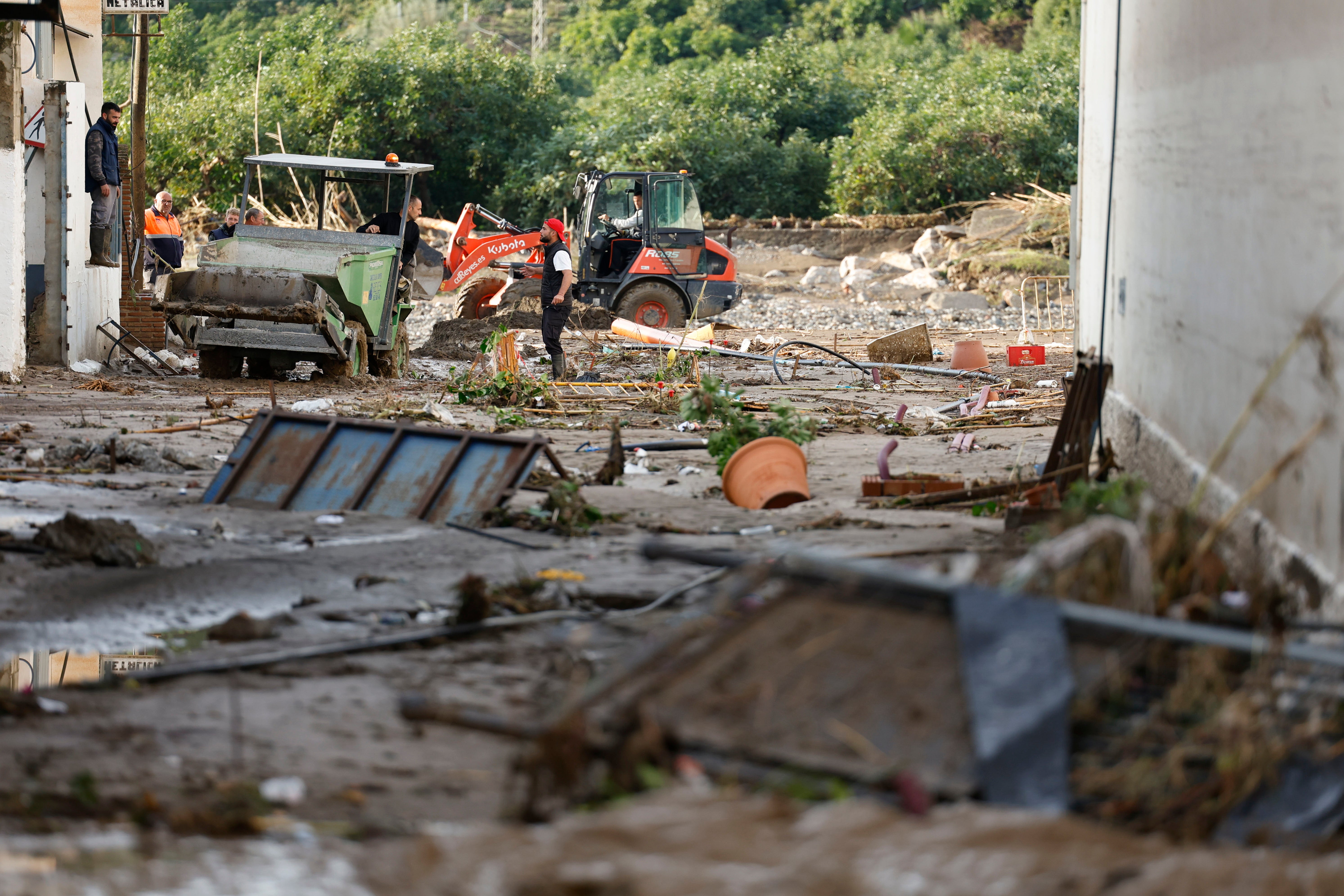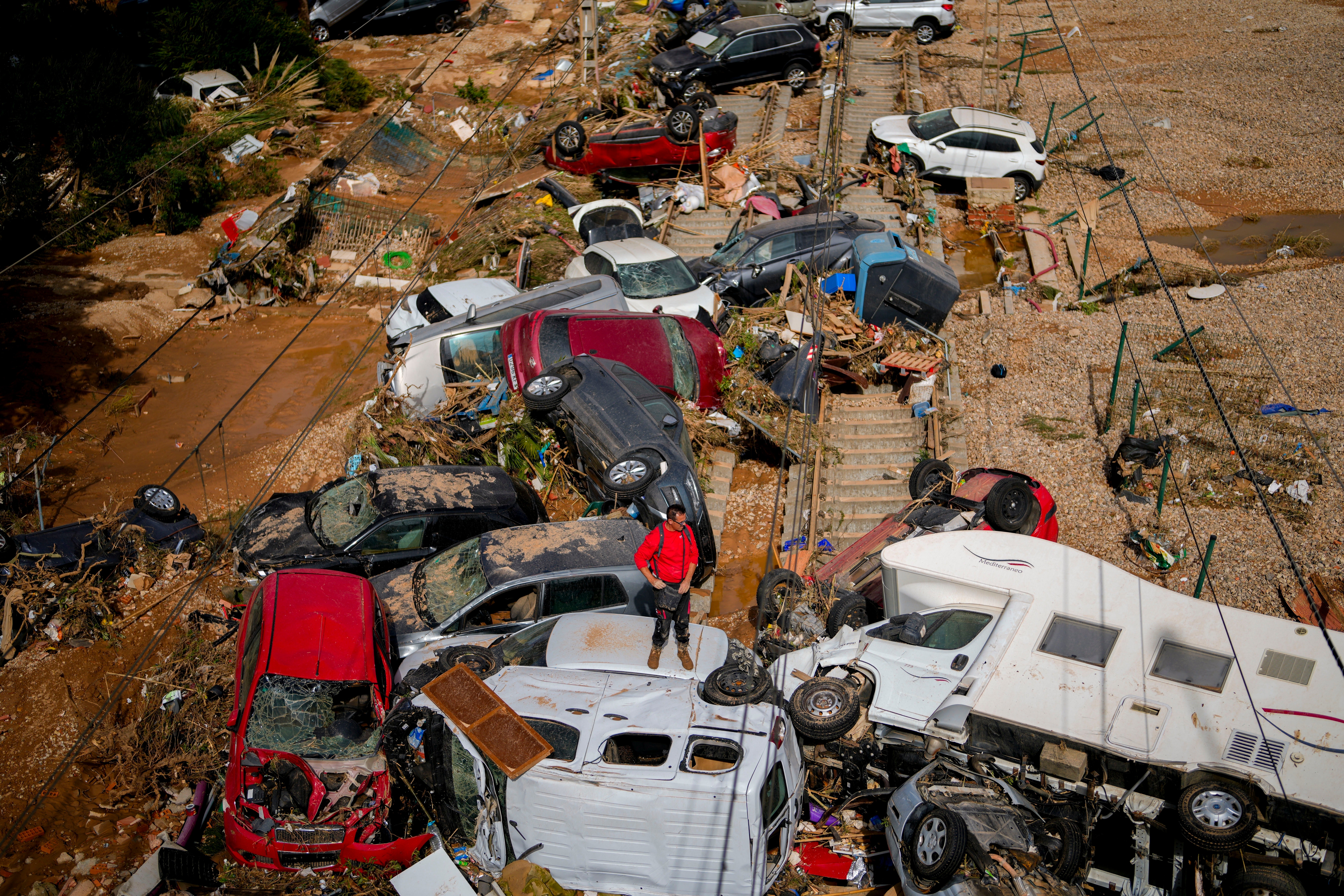Spain has approved four days of paid climate leave for workers so they do not need to commute during extreme weather, a month after floods killed nearly 230 people in the country.
The Council of Ministers passed the new measure on Thursday to ensure safety of citizens during natural disasters and weather emergencies.
Spain was struck by the worst flooding in recent memory on 29 October that submerged towns, toppled bridges, and cut entire communities off. At least 224 people were killed, the majority of them in the Valencia region.
Employers faced heavy criticism for ordering employees to continue working despite a red alert issued by the national weather agency.
The companies, however, defended their actions claiming that the authorities had provided inadequate information and issued telephone alerts too late.
Now, Spain will have “genuine climate leave” for the first time, labour and social economy minister Yolanda Díaz said.
The measure will “regulate in accordance with the climate emergency” so that “no worker must run risks”, she added.
It is expected to come into force on Friday.

Spain’s climate leave, inspired by a similar measure in Canada, will be linked to alerts about climate or meteorological disasters.
Workers instructed by civil protection agencies to stay home due to unsafe conditions will be entitled to four days of paid leave. Government officials emphasised that the measure also safeguards workers against employers who may attempt to deny these permits.
Economy minister Carlos Cuerpo explained that the leave will become available when people are unable to attend work both in person and remotely.
If emergency authorities issue an alarm about a severe weather condition, Ms Díaz said, “the worker must refrain from going to work”.

Spanish workers can further opt for a reduced working schedule beyond the four-day leave period, using an existing mechanism designed for emergencies.
“The climate risks are not the same for a worker who works in a construction company or outdoors as they are for a worker who, for example, works in an infirmary or a library,” Ms Díaz said in an interview with TVE.
“So we are giving Spanish companies the mandate that within 12 months they must have protocols for action, just like we have protocols for gender violence for the prevention of LGBTI violence.”







